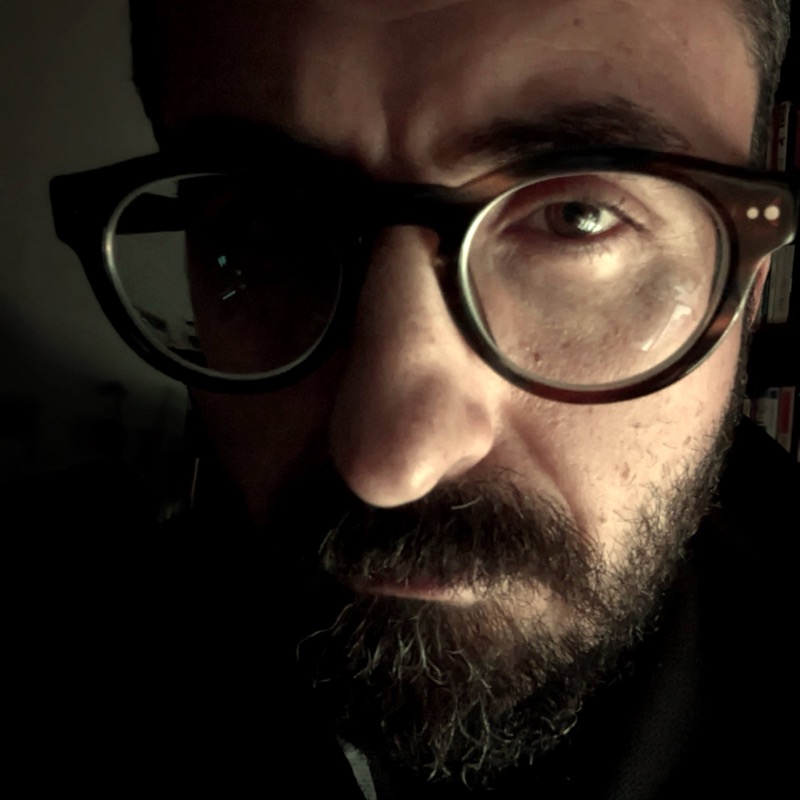On Bee Boxes and Moral Compasses
It can be hard to perceive the subtle and gradual ways I change over time. Rationally, I know it’s happening, but until something specific tells me otherwise, I tend to think that whatever is true about me today was true about me in the past and vice versa. Evidence of these long, slow changes can be hard to come by. There are obvious things, of course: I have no shortage of pictures that prove I don’t look like I did when I was younger. But it’s not every day that I’m confronted with a way my moral intuitions have shifted.
It came up unexpectedly, as moments of self-realization often seem to. My daughter and I were watching an episode of Mythbusters. If you’re unfamiliar with the series, it aired on Discovery from 2003-2018, and its original idea was for a crew of special effects experts to film experiments confirming or disproving urban legends and other popular folklore. Early on in the show’s run, it expanded its focus to include movie scenes, internet rumors, news stories, and more.
The specific episode we watched was “Paper Crossbow” from 2006. At this point in the show’s run, most episodes have a two-story structure. The original hosts, Adam and Jamie, test one myth while the “build team” works on another, with the edit cutting back and forth between the two. In this episode, the hosts tested whether they could build a lethal crossbow from newspaper while the build team experimented with household uses for vodka.
As a side note, we watched this episode as a family not long after we ourselves used some cheap vodka to get the smoky smell out of some clothes and camping equipment that had been too close to a fire burning uncured firewood, so we already knew firsthand the result of one of the myths tested in that episode.
It was a different vodka myth that caught my attention, and it wasn’t the result of the test but the experimental setup that was striking. The build team tested whether vodka would act as an insecticide if sprayed on bees. They got bees from a beekeeper, divided them into two ventilated acrylic boxes, and sprayed the contents of one box with water and the other with vodka to see which would kill more bees. Now, with a little bit of thought, it’s clear that even if no bees were killed by the vodka or water (and, in fact, only two of the bees in the water box died during the experiment), all of the bees were going to die. Honeybees depend on their hives to survive; removed from the hive, they die.

I have no doubt that when I originally watched this episode, I had no problem with it. But now, it strikes me as needlessly cruel to treat bees this way. Insofar as this change is part of a larger shift in my moral intuitions around the treatment of animals, it’s not a very large shift. I still eat meat, though perhaps less than I did 20 years ago, and I am not shy about killing bugs in my living space. But I can say with some confidence that if I had been part of the Mythbusters build team in 2006, I would have seen nothing wrong with the experiment, while I would object to running it in 2025.
It’s possible that some of this shift has to do with the bees themselves. Not long after the episode originally aired, I, like many other Americans, started to learn about colony collapse disorder and the ecological and agricultural importance of honeybees more generally. Being aware of those issues certainly makes me wonder what the beekeeper who provided the bees was thinking, but I don’t think it explains how my reaction changed. After all, I’m experiencing an intuitive response to the experiment on moral terms, not a calculated analysis of the benefits and drawbacks of killing important and valuable animals for a science education show.

Instead, I think this is just an example of an imperceptibly gradual change at the heart of the way I see and judge the world. I hope it’s for the better: I would like to think that I grow more attuned to suffering and more willing to speak and act against it as I get older. Or, maybe the duty of care I feel for the world applies to a larger set of things than it did before. I don’t know for sure, but I can say that I’m clearly not the same as I was when I watched this show back in 2006. And that’s a bit of valuable self-understanding.
I encourage you, too, to consider how your moral orientation has changed over time, and how it hasn’t. Just as you might look at your picture in an old yearbook, consider how the passage of time has deflected your moral compass. Don’t just think about when you have been most comfortable—it’s almost a cliche that the worst people lose the least sleep over their behavior. Try to find these points of difference and explore them. Because the deeper truth about the way time changes us is that it reveals we are never finished products. There is always more change to come.
